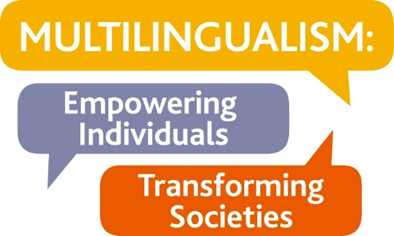
L2 Chinese Linguistics Seminar
The study of L3 acquisition (L3A) within formal linguistics perspectives is still in its infancy as compared with the decades of development in the study of L2 acquisition (L2A). In particular, studies on L3A in the literature mostly involve at least two Roman-Germanic languages, and little attention has been paid to language triads with more than one Asian languages (Ranong & Leung, 2009; lan Tsang, 2009). In this presentation, we are going to report on a study on the encoding of definiteness in heritage, L2 and L3 Mandarin grammars. By investigating a less-studied combination of English, Cantonese and Mandarin, we aim to find empirical evidence that contributes to one of the most important tasks in the research of L3A: identifying the source of transfer in L3 grammars (Alonso and Rothman, 2017).
As is well-known, articles are one of the locations marking the [±definite] features in languages like English (Hawkins, 2015). In contrast, in Mandarin, an article-less language, the [±definite] features are represented through a more complicated system with the support of bare nouns ([±definite]), numerals ([±definite]), classifiers ([-definite]), or demonstratives([+definite]), and the selection of noun phrases is influenced by subject/object positions as well as different types of definiteness, e.g. anaphoric definiteness or associational definiteness. In order to examine how heritage, L2 and L3 speakers of Mandarin express different types of definiteness in real time, we conduct an online picture-elicited production task with pictures and a corresponding offline acceptability judgement task. The participants are carefully selected monolingual, bilingual, and trilingual speakers including: 1) L1 English L2 Cantonese L3 Mandarin speakers, 2) L1 Cantonese L2 English L3 Mandarin speakers, 3) L1 English L2 Mandarin speakers, 4) Mandarin heritage speakers born in the U.K., and 5) monolingual speakers of Mandarin.
| Contact |
|---|
| Professor Boping Yuan: by10001@cam.ac.uk |
